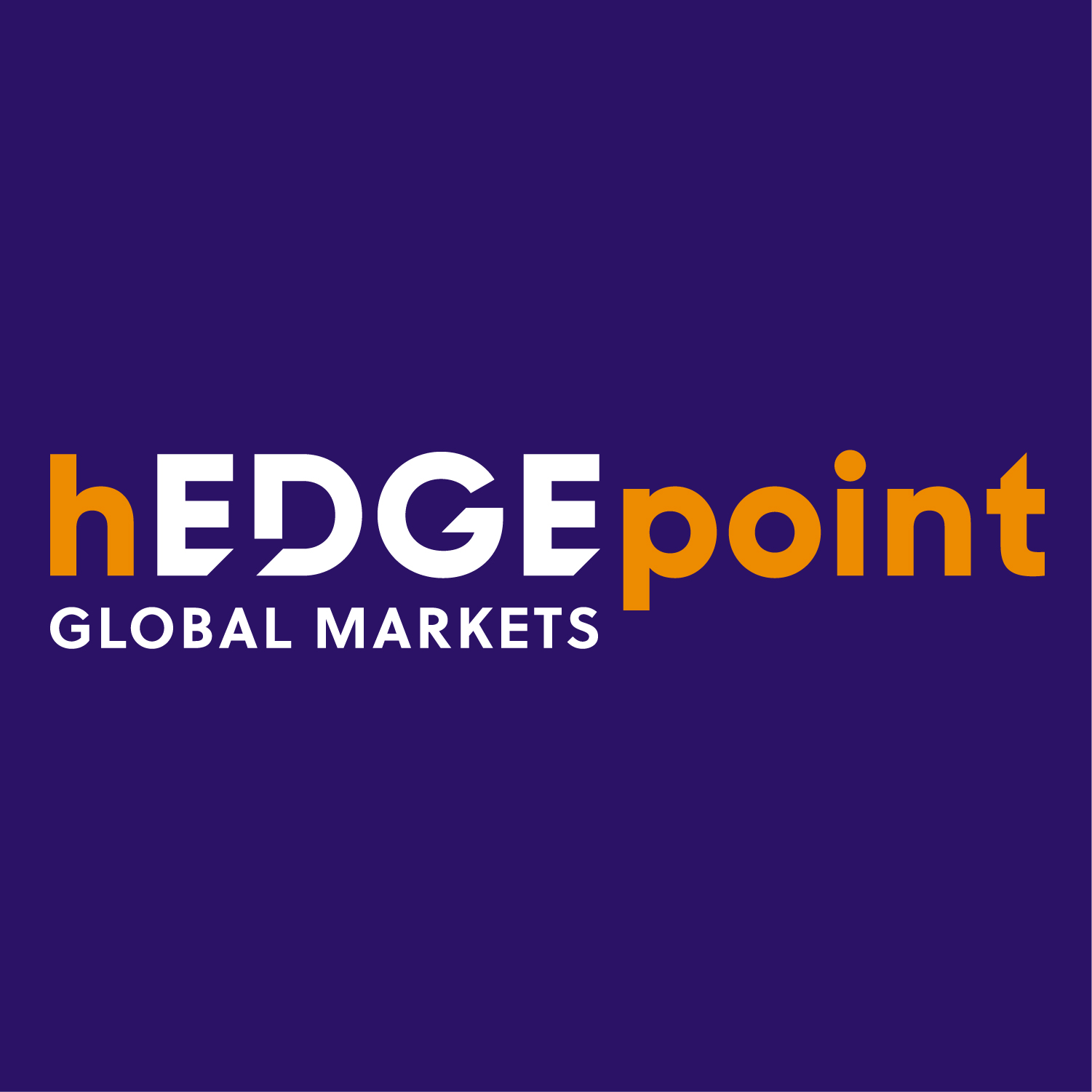United Arab Emirates: What’s the region’s importance for commodity markets?
hEDGEpoint’s Middle East head, Vipul Bhandari, analyzes the region’s growing relevance to markets in recent years.
When we talk about global commodity markets, the main countries mentioned are usually the same: Brazil, the USA, and China. But when we look at some specific commodities, like oil and natural gas, the Middle East is a dominant player.
The reality is that the region is getting stronger and stronger. Many recent events have led the Middle East to become a protagonist in conversations on the subject. The market is constantly changing, and thus, it’s natural for some economic sectors to decentralize.
In this case, we could even call it “centralization.” This is because being in the center has been one of the primary reasons for the United Arab Emirates to be in the game, as we’ll discuss in the next section.
The advantages of the United Arab Emirates in the market
The main advantage provided by the UAE, related not only to commodity markets but also to the business world, surely lies in its strategic location.
Situated in the Middle East, the country enjoys the ease of a location in the “middle of the way.” It’s a good place to position yourself, both about the northern and southern hemispheres and in reference to the east and west.
This location offers convenience in various ways, as is the case of the time zone. Gulf Time (GST) is four hours ahead of Coordinated Universal Time, which serves as the world reference. Thus, it’s possible to talk with important commercial partners from different continents without major schedule adjustments.
If we’re talking about strategic location, the geographical position is also of course an advantage. The country is close to major powers like China and India if we look to the south and Russia and Ukraine to the north. It’s also relatively close to Europe. For the Americas, it may be further away, but it’s still halfway there—logistically speaking.
The contributions of the United Arab Emirates to commodity markets
Although we’re talking about commodity markets here, it’s essential to point out that the UAE is not a reference in terms of production. The desert soil doesn’t favor agricultural activities, so the economy is obviously more import oriented.
“Sugar and grains are largely purchased from Brazil. But the country is highly dependent on South Asian countries for essential supplies. Hence, the UAE is an exponent in the business area of commodity markets, but not as an agricultural producer,” says Vipul Bhandari.
On the other hand, the country has a high energy production and export capacity. Oil is undoubtedly the most important commodity produced by the UAE. The country has the sixth largest oil reserves in the world, at around 98 billion barrels.
The UAE is also a major natural gas producer. The country has the fifth largest natural gas reserves in the world, with around 215 trillion cubic feet.
Infrastructure and policies favor UAE in commodity markets
The Emirates has long stood out in global commodity markets for its well-developed transport and logistics infrastructure. The country is also known for its pro-business policies and infrastructure investments. This has attracted even more business, helping to boost the economy and the commodities sector.
In addition, the country has modern, well-equipped ports that allow fast and efficient export and import of commodities, to and from around the world. On top of that, the UAE has a network of airports, highways, and railways that facilitate commodity distribution within the country and to neighboring countries.
hEDGEpoint offers risk management at a global level
hEDGEpoint works with the financial risk management of agricultural and energy commodities. Specializing in hedging, it uses tools, expert knowledge, and market intelligence to propose volatility protection products to the global chain.
With global operations, we’re present in six countries: Brazil, the United States, Uruguay, Switzerland, Singapore, and the United Arab Emirates. Thus, we’re able to serve the entire world while maintaining a broad view of commodity markets, as we’re inserted in them worldwide.
All our risk management expertise, including knowledge and technology, is available to enable our clients to turn financial risks into opportunities. We believe that creating a good hedging strategy can be the key to avoiding unpleasant surprises in financial planning.
All in all, hEDGEpoint works with over 50 different types of commodities, currencies (FX), and more than 400 hedging products on our platform. All this is developed with a focus on technology while promoting the best experience for you in all processes.
Talk with a hEDGEpoint specialist today.






